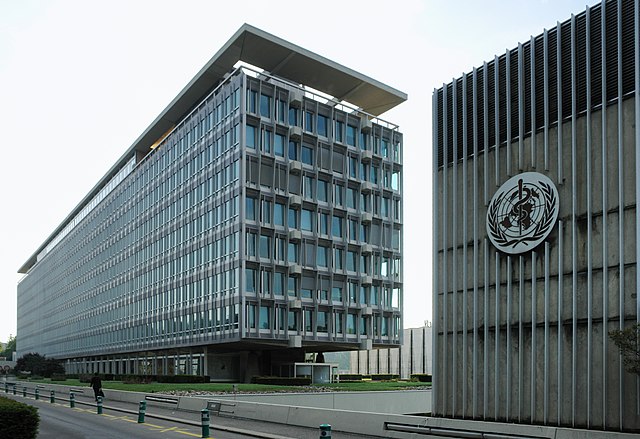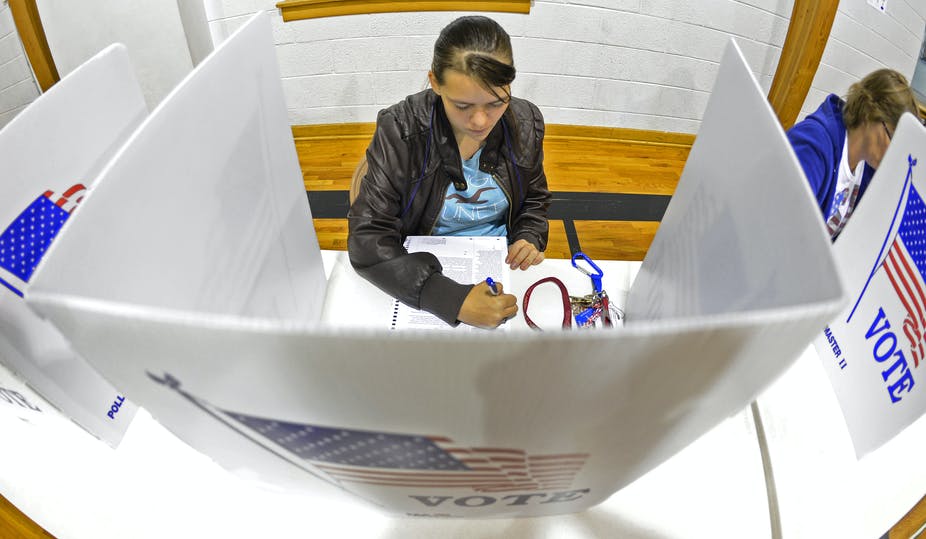How the people who use energy to heat and light their homes are represented in fuel poverty policy have important implications for a just energy policy focused on affordability.
The affordability of a warm and light home has made its seasonal return to the headlines. While the debates around the high cost of energy are firmly a part of policy debates across the UK, they are currently particularly high profile in Scotland. Having missed a legally binding deadline the need for a new policy to support those unable to afford to heat and light your home- a policy arena labelled as ‘fuel poverty’- is underway.
The current debate in Scotland has an important new frame for ‘fuel poverty’ policy- fuel poverty as injustice. This explicit linking of justice concerns to the intention to combat the health and wellbeing related to a cold home opens significant new opportunities to policy practitioners. However, current research highlights significant challenges to changing embedded ways of doing and thinking about policy interventions.
Using the justice frame cautions against too great a focus on the technical definitions of fuel poverty within policy processes. Instead, careful reflection is needed about the role of identifying and defining groups and categories of people in need of affordable warmth. This is particularly relevant in the context of research highlighting the impact of a specific understanding of what counts as ‘evidence’ within policy processes.
Achieving the vision set out to base the eradication of fuel poverty in line with justice concerns and ensure “fairness, prosperity and participation for all“, policy makers and shapers need to remember that their own processes can be a source of injustice through defining of different groups which result in ‘winners’ and ‘losers’.
The Injustice of Fuel Poverty
Adopting the agenda of fuel poverty as injustice reflects a growing body of research. This applies the framework of justice concerns originally applied to concerns regarding environmental justice- distributional, representational procedural and justice
The most significant focus of fuel poverty and injustice is the distributive justice and, like policies regarding income related poverty, focuses on the provision of resources to particular groups identified as ‘in need’. It is this latter part- those ‘in need’ which highlights the importance of the second part of the framework- representational justice. Responding to the problems of fuel poverty incorporates a need for the recognition and representation of social groups. In particular, this policy arena uses particular definitions of groups identified as ‘vulnerable’ and / or ‘marginalised’. Finally, there are concerns regarding procedural justice the access of all to decision making processes and the ability to influence them.
Distributional, representational and procedural justice are of course closely related. In the Scottish case, the focus on fairness and prosperity reflects enduing understanding of the distributional injustices of fuel poverty. There is also an acknowledgement of the need for those in ‘fuel poverty’ to access and influence the processes included in the development of a new policy in Scotland with a commitment to “participation for all“. The report from the Scottish Fuel Poverty Strategic Working Group specifically recommends the careful and consistent engagement with those who are or who have experienced fuel poverty.
Policy Making as a Source of Injustice
Applying this framework of understanding fuel poverty as injustice in terms of distribution, representation and procedural concerns highlights two key challenges for Scottish Policy makers.
The first possible source of injustice from policy making is those regarding the injustice of creating policy ‘winners’ and ‘losers’. Prominent in the ongoing policy debates regarding ‘fuel poverty’ are definitions- what is ‘fuel poverty’ and therefore who should benefit from these policies? This debate is particularly contentious in the UK following the redefinition of ‘fuel poverty’ in England in the Hills Review (2012). Significant concern has been voiced by campaigners about the new measure which led to a decrease in overall level ‘fuel poverty’ and new challenges regarding identifying those who can be supported by policies and schemes.
This dramatic shift is analysed by Middlemiss (2016) through analysis of the way that the problem of ‘fuel poverty’ is defined in England. This analysis highlights both the explicit change in fuel poverty definition within residential energy policy but also the implicit changes in the scale of the commitment of policy actors. Specifically, fuel poverty policy shifts from a focus on eradication to a condition that can only be alleviated. Further, the policy process incorporation the broader discourse of the Coalition Government (2010- 2015) of ‘austerity’ through targeting a far more specific group articulated as those ‘most’ in need.
In Scotland the reduction of ambition and delivery was highlighted in Parliament as a specific risk to the new policy. This focuses on the need for commitment that avoids a strategy that reduces the ambition of any new policy.
However, by applying the framework of distributional, representational and procedural justice new concerns are raised. While distributional and procedural concerns remain a focus of policy makers in this area, it is less clear that representational justice concerns are being addressed. This risks the exclusion of particular groups or the acknowledgement of specific needs. This includes the justice concerns of recognising that specific groups have varied needs regarding affordable warmth and the recognition that broader policy norms will have an important influence.
Of particular relevance here are the specific needs of the elderly which are relatively well recognised and incorporated into policy with a broader association in policy of those who are both ‘in need’ and ‘deserving’ of support. However, other groups with specific affordable warmth needs, such as those with a disability, are not provided with the same level of acknowledgement or respect (Snell et al. 2015)
This suggests a key recommendation is that policymakers need to go beyond the definition of fuel poverty in concerns regarding justice. They also need to carefully consider the role that identifying and defining groups and categories of people in need of affordable warmth have in shaping access to and the implementation of the new fuel poverty strategy.
The second possible source of injustice from policy development is the collection and use of evidence to design policy.
The practicalities of developing and implementing the new fuel poverty strategy in Scotland are the subject of 100 recommendations over two reports. Within these recommendations are specific steps to incorporate the experiences of those in fuel poverty and the need for an expert report on which to base the new strategy. Writing in 2016 when the term ‘post truth’ has been incorporated into the dictionary, a policy based on expertise may be unambiguously welcomed. However, it will be important for policy makers to reflect on the impact of existing assumptions of what expertise and evidence is more or less acceptable in this policy field. As with all policy arenas, achieving a just fuel poverty policy will need both diverse expert knowldges- including individuals and communities whose expertise comes from direct lived experience.
Research suggests that the use of evidence is highly contested with key challenges where the evidence challenges the status quo (see for example Cairney, 2016)
Key Reading
A. The impact of the Hills Review of the definition of Fuel Poverty has been published as “Middlemiss, L (2016) A critical analysis of the new politics of fuel poverty in England. Critical Social Policy”. There is a blog with the key conclusions of this research at http://fuelpoverty.eu/2016/10/26/low-income-high-costs-and-the-new-politics-of-fuel-poverty-in-england/
B. Key insight into the use of evidence in policy making is the subject of Professor Cairney’s blog at https://paulcairney.wordpress.com/. Particularly relevant here is his recent paper “Evidence-based best practice is more political than it looks” which is available at http://dspace.stir.ac.uk/bitstream/1893/23010/1/evp_cairney_nkl2_1460926396476.pdf
C. Disabled people, fuel poverty and austerity: policy recommendations from England and Wales from Caroline Snell http://fuelpoverty.eu/2014/06/03/disabled-people-fuel-poverty-and-austerity-policy-recommendations-from-england-and-wales/
D. Findings relating to the impact of Devolved Administrations on fuel poverty policy as part of the UKERC project ‘Equity and Justice in Energy Markets’ will be available from June 2017 at http://competitionpolicy.ac.uk/research/research-projects/equity-and-justice-in-energy-markets
Elizabeth Errington (@EErrington1) is a Senior Research Associate at the Centre for Competition Policy and a member of 3S (Science, Society and Sustainability) and the Fuel Poverty Researchers Network. This blog relates to a new research project funded by the UK Energy Research Centre on ‘Equity and Justice in Energy Markets’. http://competitionpolicy.ac.uk/research/research-projects/equity-and-justice-in-energy-markets
Image Credit: freegreatpicture.com





